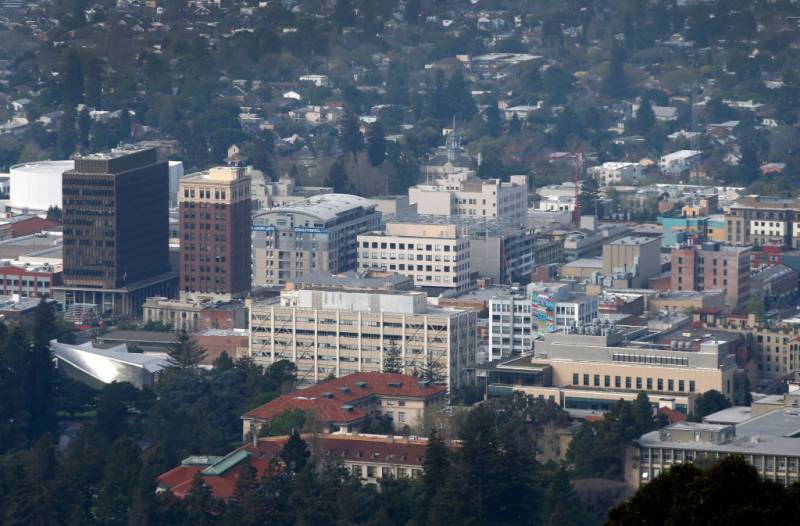“City leadership left a supervisor role and food inspector role vacant for over four years,” said City Auditor Jenny Wong in a statement. “With existing staff pulled to help with other programs across the Division, it’s no surprise the food inspection program fell behind.”
Berkeley’s food inspection program also failed to meet its targets for responding to reports of foodborne illnesses. The Environmental Health Division’s own guidelines instruct employees to investigate these reports within one business day, but inspectors only responded to a quarter of 2023 reports within that timeframe.
Berkeley is one of only four California cities that has its own health department — and by extension, its own food inspection program — separate from the county.
For the rest of Alameda County, just 3% of food facilities went without a single inspection in 2023, compared to 45% in Berkeley. But Wong said the city also stands out for other reasons, like being the only city in Alameda County that does not require businesses to publicly post food inspection scores.
One of the report’s recommendations is to begin this practice in Berkeley once staffing is stable in the department. In management’s response to the audit, they agreed to the recommendation but conceded that it could take a few years to implement.
Besides staffing issues, the audit report raised other concerns about the availability of food inspection data online and adequate tracking for spending and revenue.
